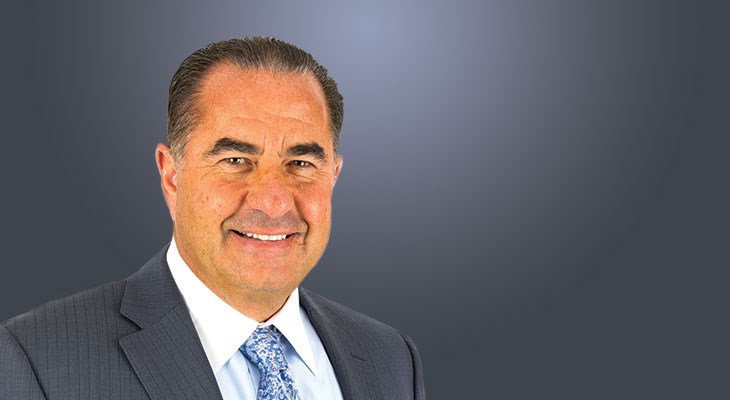Health experts have stressed repeatedly that a COVID-19 vaccine is most likely at least a year away, a reality that will be on the minds of dealmakers at every turn, says Oswald Cos. CEO Chairman and CEO Robert J. Klonk.
“Any deal over the next year is going to have to take COVID-19 into consideration and the impact it could have on that business,” Klonk says. “I think it’s definitely going to change the face of reps and warranties [coverage]. You’d better have very good reps and warranties advisers going forward in these deals.”
Klonk spoke with the Smart Business Dealmakers podcast about the insurance sector’s response to the pandemic and why supply chain risk will now be a topline priority for any M&A activity that is discussed. Below are excerpts from that conversation.
Listen to the podcast
How do you expect the insurance sector to respond to the COVID-19 pandemic in the long term?
Think about what happened after 9/11 with the Terrorism Risk Insurance Act that was formed. The federal government came in and put a backstop in so that the insurance carriers could afford to insure all these large buildings and large landmarks against terrorism acts.
Something similar to that would be baked in to a pandemic risk insurance act to some extent. But depending on the business operations, you are going to see much more adoption around event cancellation.
Things around parametric coverage are going to be more popular with certain communicable disease extensions or a specific focus on that. So with parametric coverage, it’s triggered by an event more than a physical loss. And I think you’ll see some more of that that will be written on top of other lines of coverages. For right now, everything is somewhat frozen in the marketplace. Until there’s actually a vaccine for COVID-19, I don’t think you’re going to see much coverage available for this particular disease. But for all those going forward, you will.
How will supply chains now be viewed in the context of getting an M&A transaction done?
People are going to look much deeper into supply chain at a lot of these companies, and I think the audits are going to expand much more into the risk side of insurance — not just the insurance premiums or the policies they might have, but the actual risks of that. It’s about understanding the risk profile of each company and making sure the coverages are aligned properly with that.
Obviously this pandemic, we don’t expect it to happen again. It hadn’t happened in our lifetime. But it could, and if it does, how well is that company prepared to stand on its own? I think these buyers will be looking at that much more. I think the risk advisers in general are going to need to provide much more additional resources to guide clients through these things, rather than just simply policy coverages.




